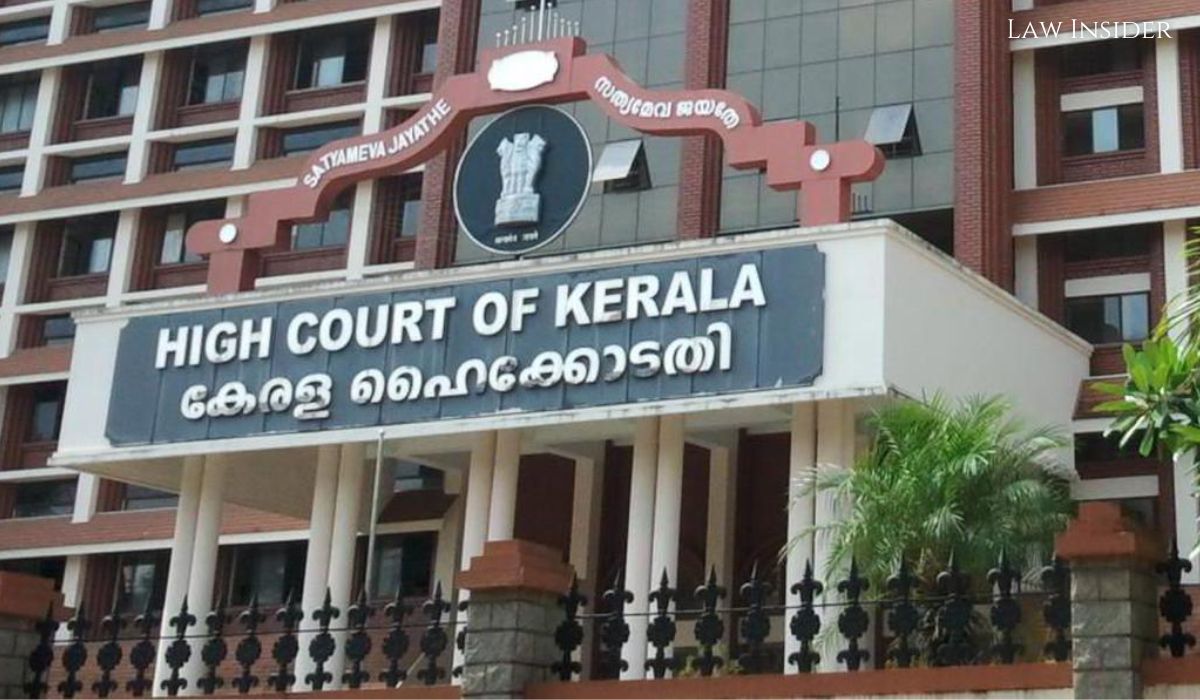Aastha Thakur
Published on: October 27, 2022 at 18:57 IST
The Kerala High Court ruled that the Protection of Children from Sexual Offences Act, 2012 (POCSO Act) predominates over the Scheduled Tribes (Prevention of Atrocities) Act, 1989 (SC/ST Act). Therefore, when an accused is alleged to have committed crimes under both the Acts, he can avail himself of the procedure contemplated under the former for bail.
Justice Bechu Kurian Thomas observed that under POCSO Act the provision of Section 31 which attracts the provisions of the Criminal Procedure Code applicable, the accused person could approach the High Court under Section 439 CrPC.
The court also noted that,
“…it is pertinent to notice that despite the SC/ST Act being amended in 2015 and 2018, the overriding effect of POCSO Act, in the event of inconsistency, has not been nullified or interfered with by the Parliament. Thus, it is evident that the legislature intended to give supremacy to the POCSO Act, even over the SC/ST Act, in the event of any inconsistency”.
The accused hereby was detained for the complaint registered against him under provisions of the Indian Penal Code, the POCSO Act, and the SC/ST Act, on behalf of the 15 year old victim.
When the Petitioner applied for bail at the High Court, the Registry raised objections, making the argument that under Section 14A of the SC/ST Act, the High Court’s jurisdiction over bail is only appellate in nature and that, given the alleged violations of the SC/ST Act, an application for bail can only be made to the Special Court designated under the said statute.
However, due to the urgent nature of the situation, the Registry was instructed to assign a case number, and the High Court subsequently granted bail to the petitioner while reserving the pertinent legal issue.
The contention raised by the petitioner’s counsel was that since the POCSO Act’s provisions allow an accused person to request bail by using the provisions of the CrPC, the Registry’s concern regarding the viability of the bail application is without merit. And as the POCSO Act was enacted later of the two here, it should be given preference over the ST/SC Act,
Additionally, it was contended that since POCSO Act was the later statute of the two, it would prevail over the SC/ST Act, considering the idea that the non-obstante clause in the latter of two conflicting acts would take precedence.
In this case, the court explicitly stated that if the POCSO Act’s provisions were found to be valid, the petitioner would be allowed to continue with a bail application under Section 439 of the Criminal Procedure Code and seek redress before both the Sessions Court and the High Court, and if the SC/ST Act were found to be valid, only an appeal would be allowed to the High Court under Section 14A of the law.
The Court further observed that non-obstante provisions were present in both statutes; however, while Section 20 of the SC/ST Act, which was passed on 30.01.1990, originally had the relevant provision, Section 42A of the POCSO Act was adopted with effect from 03.02.2013.
It was also clarified that under the POCSO Act, the provision for bail as provided under the Cr.P.C. The Court thus discerned that both statutes were inconsistent with respect to the nature of jurisdiction to be exercised relating to bail.
Court further cited the dictum given in Sharat Babu Digumarti v. Government (NCT of Delhi) (2017) which stipulated that, “Where there are two special statutes which contain non obstante clauses, the later statute must prevail. This is because at the time of enactment of the later statute, the legislature was aware of the earlier legislation and its non obstante clause.”
“If the legislature still confers the later enactment with a non obstante clause it means that the legislature wanted that enactment to prevail.”
In this light, the Court thus established that as per Section 42A of the POCSO Act, “it is evident that the said statute clearly indicates that the provisions of the POCSO Act will prevail over all other laws in the event of any inconsistency.“
The Court also highlighted the cases where it has been reiterated that the provisions of the POCSO Act takes precedence over the SC/ST Act in Rinku v. State of U.P (2019), Suraj S. Paithankar V. State of Maharashtra (2020), and In Re: The Registrar (Judicial) High Court (2017).
As a conclusion, the petitioner’s bail, which had been granted on September 2, 2022, was declared unconditional.

